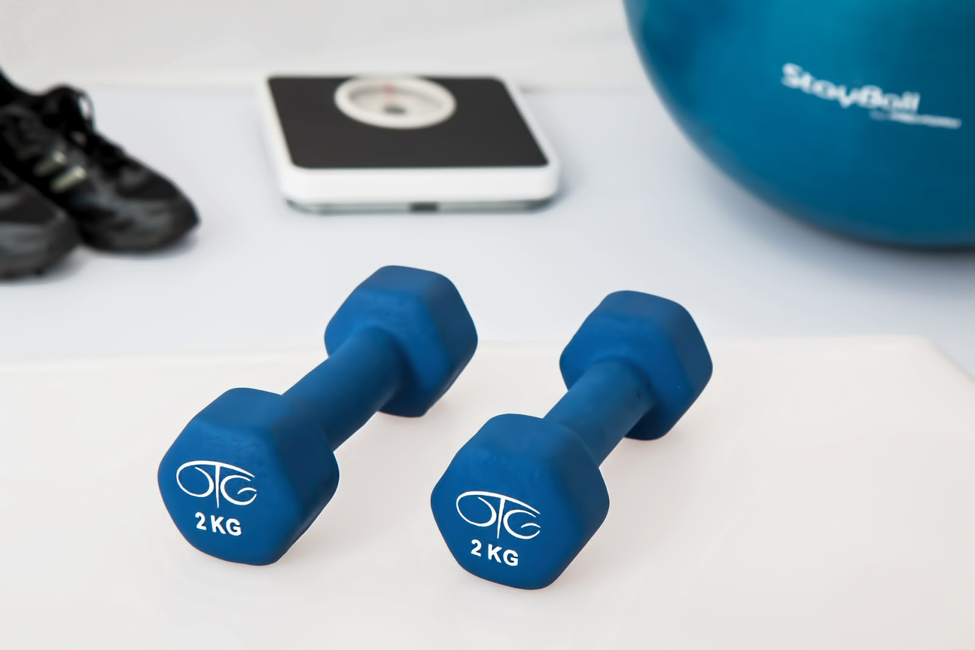Ready for a little quiz?
Try to fill in the blank:
The _______ is considered to be a “second human genome” in your body.
This genome only recently began to be considered as its own organ.
And it’s made up of trillions of microorganisms and diverse bacterial communities–all of which live in our gastrointestinal tract.
Did you figure out the answer?
If you answered “the human microbiome,” you guessed right!
The microbiome is defined by The Journal of Cardiovascular Nursing as “all the bacteria, viruses, fungi, archaea, and eukaryotes that inhabit the human body.”
A functioning and healthy microbiome is foundational to good gut health.
As Mind Body Green explains, “research has found that highly diverse bacteria in the gut is indicative of good health and bacterial dysbiosis—overgrowth of bad bacteria in relation to good bacteria—can lead to disease states.”
In this post, I’m covering four ways to help support your microbiome and gut health.
Be sure to take note if you want to feel well and be well!
#1: Stress Management
Have you ever felt pain in the form of a stomach ache when you’re stressed? It’s no coincidence.
Chronic stress has been pinpointed as a culprit behind poor gut health.
In fact, Oregon State University researchers found that when a person is stressed, his or her gut microbiome communities begin to behave “erratically,” in “ways that are unpredictable and vary from person to person.”
Therefore, instilling stress management practices–whether they be meditation, therapy, or exercise–will improve your gut health over time.
#2: Exercise
Hippocrates once said, “If we could give every individual the right amount of nourishment and exercise, not too little and not too much, we would have found the safest way to health.”
Yes, exercise is important for maintaining a healthy BMI and cardiovascular health.
But when it comes to gut health, the power of exercise shouldn’t be underestimated.
In a study conducted by the University of Illinois, researchers discovered that exercising for just six weeks could positively impact the microbiome.
After six weeks of exercise, many of the research subjects had an increase in gut microbes “that assist in the production of short-chain fatty acids.”
This is significant because these fatty acids minimize the risk of inflammatory diseases as well as type 2 diabetes, obesity, and heart disease.
Whether attending a regular yoga class or walking your dog around the neighborhood every morning–I recommend you find a sustainable exercise practice that works for you!
#3: A Balanced Diet
Food can either be medicine or poison.
It takes self-education and awareness to ensure that the food you’re putting in your body is going to support, not deteriorate, your gut health.
Generally speaking, whole and unprocessed foods are the way to go.
Cut out or minimize dairy, gluten, soy, corn, lectins, and phytates, and you’ll be on your way to cleaning up your gut.
#4: Consumption of Prebiotics and Probiotics
Probiotics and prebiotics are magical and key ingredients in the equation to achieve proper gut health.
Probiotics are considered to be the good kind of bacteria necessary for a healthy gut–and prebiotics are the food for these bacteria.
Taken in supplement form or through fermented food and drink, probiotics and prebiotics aren’t difficult to find in most grocery and natural health food stores.
More and more, people are beginning to draw the connection between their health issues and gut health.
As Forbes reported, Google Trends found a 200% increase in searches for phrases such as “best foods for bloating” and a 350% increase in searches for “best foods for gut health” between 2012 and 2017 in the U.S.
Make gut health a priority, and you’ll be on the path to good health!
Curious to learn more about the power of probiotics in maintaining optimal gut health? Click here to discover more!







